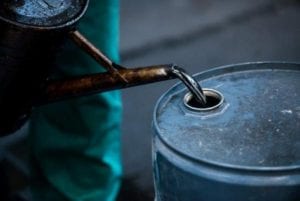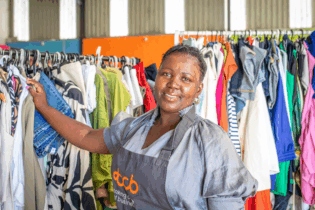Oil pollution is a serious environmental hazard, but few people stop to consider what happens to all the used motor lubricating oil that is changed out of vehicles and machinery.
With over 12 million registered vehicles on the road in South Africa at present and over 3000 registered workshops, huge volumes of used oil are being generated in the automotive sector. South Africa has some of the best recycling rates in the world, so it should be no surprise that used car oil is recycled into heating fuel for factories. The old oil from your car is collected from service stations and sent to a refinery to be processed into a reusable product. In Europe, used motor oil is actually re-refined back into base oil instead of being burned as a fuel, but it’s a costly process. Locally, less than 20% of used car oil is re-refined into base oil, but the rest of collected oil is turned into heating fuel.The difference between recycling and re-refining used car oil
There is a difference between the terms ‘recycling’ and ‘re-refining’ when it comes to motor oil. Recycling used oil means taking the product and using it for a different purpose, such as burning fuel. The oil can be filtered to remove insoluble impurities, but it doesn’t get rid of the dissolved contaminants in the oil, so it can’t be re-used in vehicles. Re-refining used oil means removing all impurities, both soluble and insoluble, through a chemical process that turns the oil into a reusable and high-quality product for use in vehicles. “Re-refined oil has quality that is equal to or better than some virgin base oils and motor oils can be re-refined many times,” says CEO of the Recycling Oil Saves the Environment (ROSE) Foundation Bubele Nyiba.“Although local demand outstrips supply for burner fuel, this is still an issue in terms of air emissions as heavy and light furnace oils still contain impurities – the used oil industry ultimately needs to move towards re-refining back to cleaner fuels. The challenge is to make re-refining a sustainable option for processors [in South Africa],” says Nyiba.







